During the early years of life, the brain makes trillions of new connections between nerve cells in response to their experiences. These connections will determine your child’s intellectual and physical abilities as well as the development of social skills.
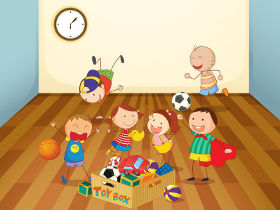
How can we help enhance this developmental process during our child’s most precious early years? Let them play! With the right environment and method, a child can be engaged in the serious business of learning even when they are relaxed, having fun and enjoying their childhood. In fact, to a child, learning is playing and learning is fun.
There are many different kinds of play activities that your child can engage in together with you:
Physical Play
Engaging your child in good physical play activities provides an opportunity for your child to develop their gross muscle strength, nerves and brain functions. Young children must have ample opportunities to develop physically, and motor play instills this disposition toward physical activity in young children. So don’t procrastinate further, allocate a good amount of weekly outdoor physical playtime for your child and yourself as a start to enhancing your child’s overall learning abilities.
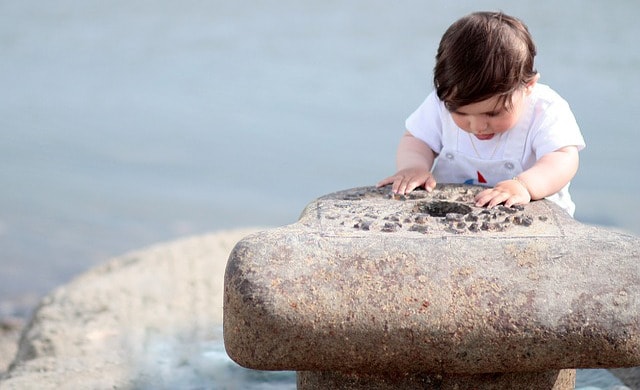
Attention Play
Attention games are a good way to engage a child without boring them. Such activities help them improve their focus while learning something new in the process. The activity also helps our little ones develop an appreciation for the importance of following rules and instructions to enjoy the game. To make the games exciting, we could make use of colours, shapes, movement and music to engage the child. Starting with simple and basic instructions before progressing to more complex details of the game will also help your child gradually appreciate and enjoy the game.
Tactile Play
Driven by curiosity, our little ones make wonderful scientists, as they constantly explore, investigate and draw conclusions on anything and everything that comes their way. Tactile play draws upon this innate desire to learn and engages the sensorial pathways of our little explorers as they make use of their different senses to collect data and unravel the mysteries of the items they encounter. In addition to honing their sensory skills, tactile play also helps them build language and social skills.
There are many categories of play that our child can explore. The next time you come home and see your child engaging in their play activities, you can rest assured that they are working the brains a lot more than a worksheet activity. Play is the work of the child. Let them play.
By Selene Diong, Principal Instructor of Sparkanauts.
This article was first published in The New Age Parents e-magazine.
* * * * *
Like what you see here? Get parenting tips and stories straight to your inbox! Join our mailing list here.
Want to be heard 👂 and seen 👀 by over 100,000 parents in Singapore? We can help! Leave your contact here and we’ll be in touch.












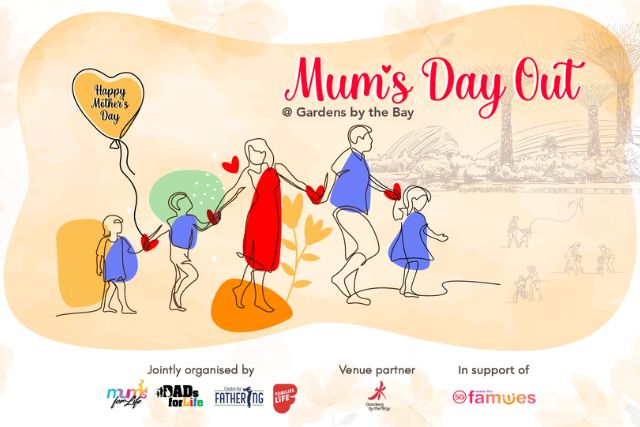


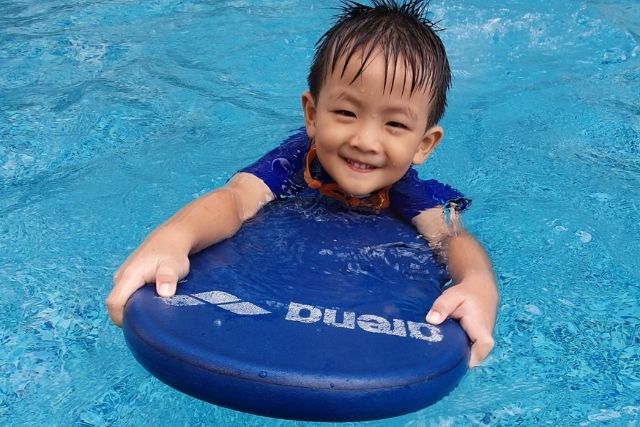




















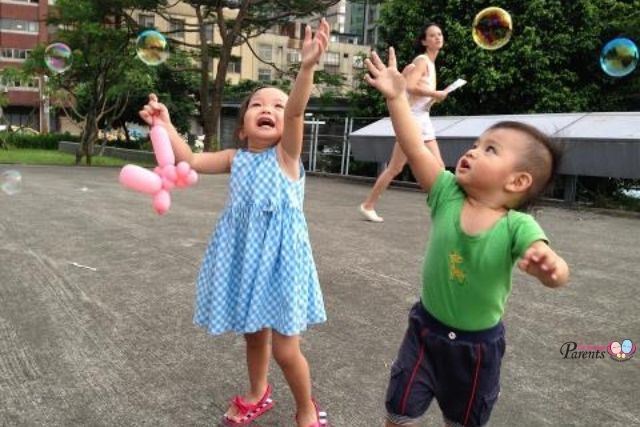


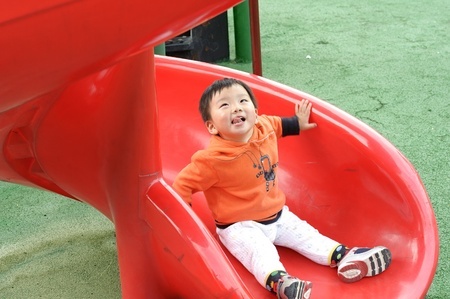
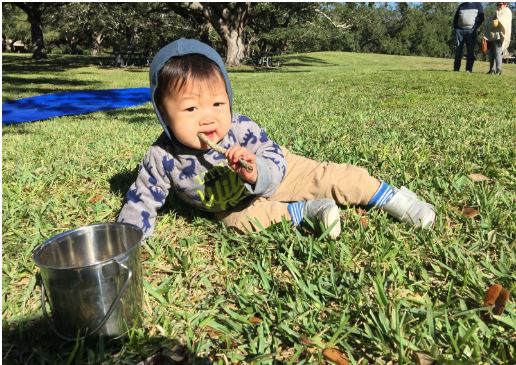

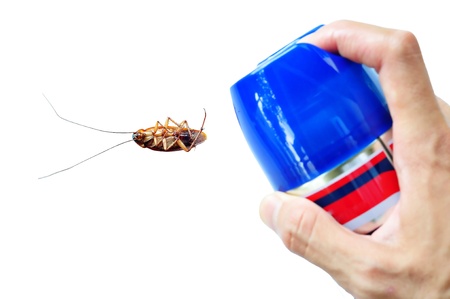




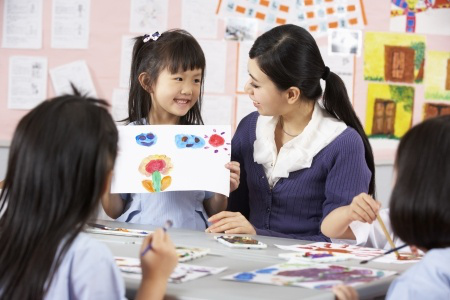
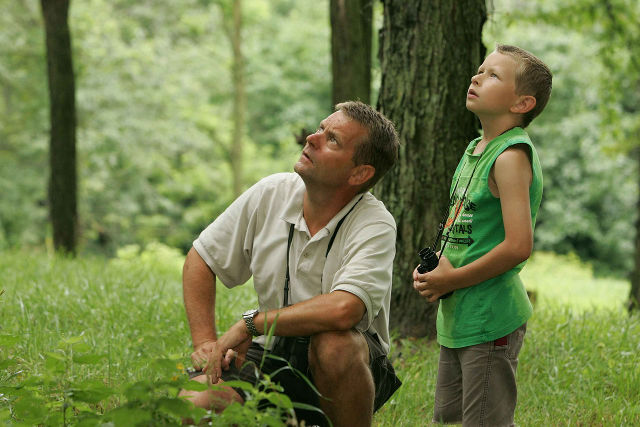









Leave a Comment: